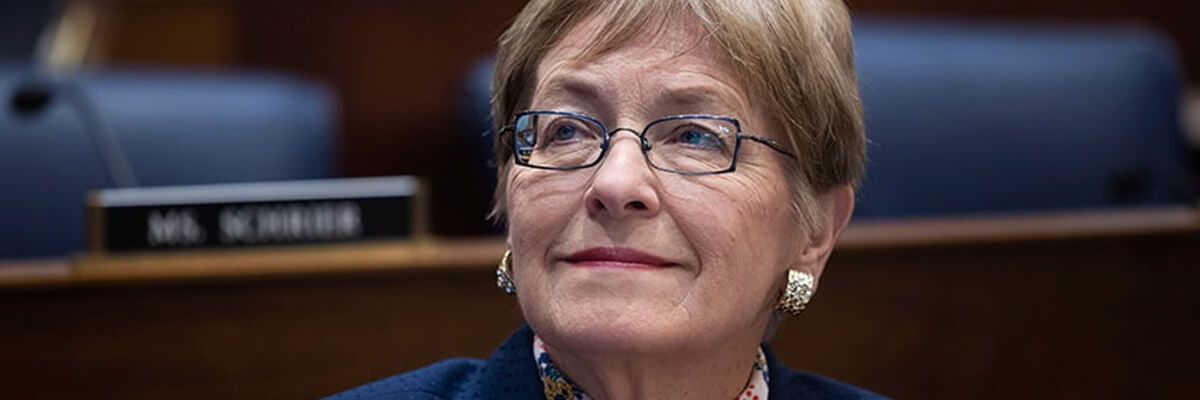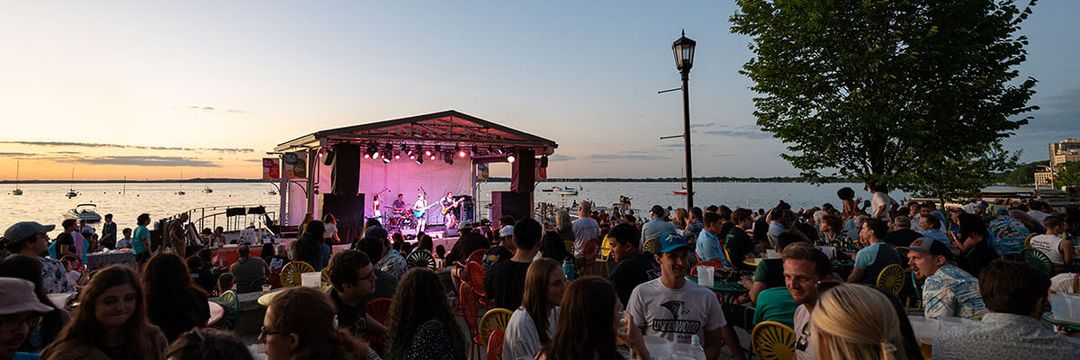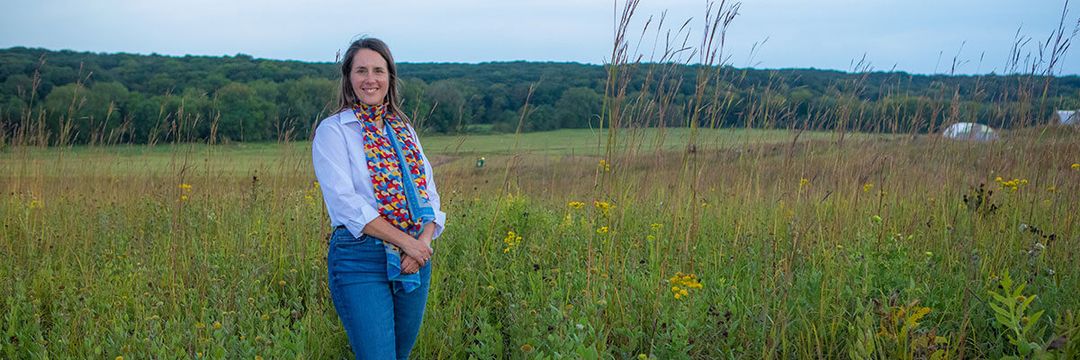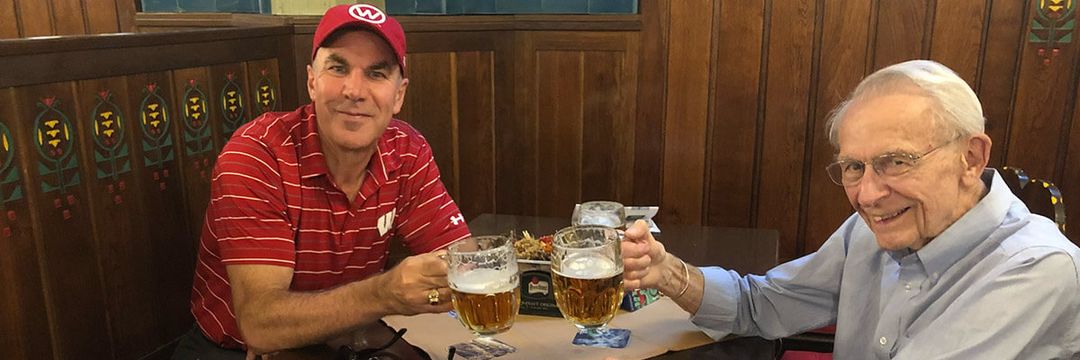Earlier this month, when the members of the 118th Congress took their oaths, Marcy Kaptur ’68 set a record. The Ohio Democrat passed Barbara Mikulski to become the longest-serving woman in congressional history. Kaptur has been elected 21 times from her House district, which represents the Toledo area. Over the decades, she has been an advocate for urban planning, environmental issues, and agriculture — interests that she says grew out of her time on campus. She’s also a leader of the Congressional Ukraine Caucus, promoting support for the embattled east European country in its war with Russia.
You grew up in Ohio. What brought you to UW–Madison?
I was the first person in my family to go to college, and if nobody’s ever been to college, how do you know where to go, right? I thought that going to Notre Dame would be a good idea, but I was rejected because I was a woman. And then I decided I would apply to the Air Force Academy. Again, I was rejected because I was a woman. I wrote a letter to the FBI, because I thought I might want to be an agent. And I got a letter back that they didn’t accept women. I was working in a library in Toledo, and one of the women I worked with, her husband had been stationed in Madison during the war. I was interested in studying history, and I looked through all the catalogs in the library to figure out which were the best schools in America to study history, and Wisconsin was in the top 10. It was the only school that I applied to, and they accepted me with a scholarship.
What class or professor inspired you?
I was a part of a program called Integrated Liberal Studies. You took your general requirements in your first two years, and then you could concentrate on your major. I just — I don’t know what the word is — I just bloomed. I was so happy there. We were always educated to be an agent of change, no matter how difficult that is.
What lessons did you take away?
The education really grounded me for the life that I’ve lived. I majored in history, which seemed such a distant major, but I took a lot of courses in urban politics and Soviet foreign policy. It grounded me for the world that I’ve lived in. Wisconsin also made me very conscious of the Great Lakes region. I now cochair the Great Lakes task force. Lake Mendota may seem like just a lake, but there was a limnology lab there, and I created a lab in Lake Erie modeled on what I saw at Wisconsin. Wisconsin is always in my windshield.
How did history lessons prepare you for life in Congress?
I got in a little tiff with another member this week. I said that the invasion by Russia of Ukraine is the greatest threat to liberty since the Second World War. And this younger man, who fought in Afghanistan, in Iraq — he’s a member of Congress on the other side of the aisle — he disagreed with that. He said, privately, Afghanistan, Iraq, and 9/11 were just as important. And I said, “Sir, I’m not saying those were not important. It’s a different realm than a big state, in an imperialistic way, taking over an adjoining state. That is a violation of the rule of law and of the world order that we’ve fought for since World War II.” [That’s why] I founded the Ukraine Caucus. We now have 95 members — it’s the largest caucus in the House. I’ve been working on this since the 1970s, trying to help Ukraine get access to a different way of life.
You’ve been in Congress for more than four decades. How has it changed?
I find our elected officials today, I’m sorry to say, very poorly prepared for public life. This is a big worry of mine.
Why stick around?
I have one of the most exciting jobs in the world because I feel I’m at the edge of creating change for the country on so many levels, and Wisconsin prepared me for that. I believe that one of the biggest problems in Congress is most people haven’t graduated from the University of Wisconsin and the Integrated Liberal Studies program.









